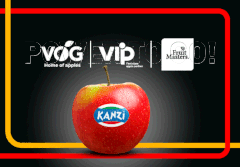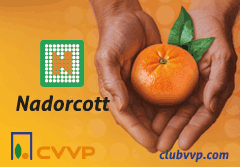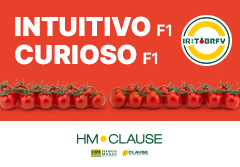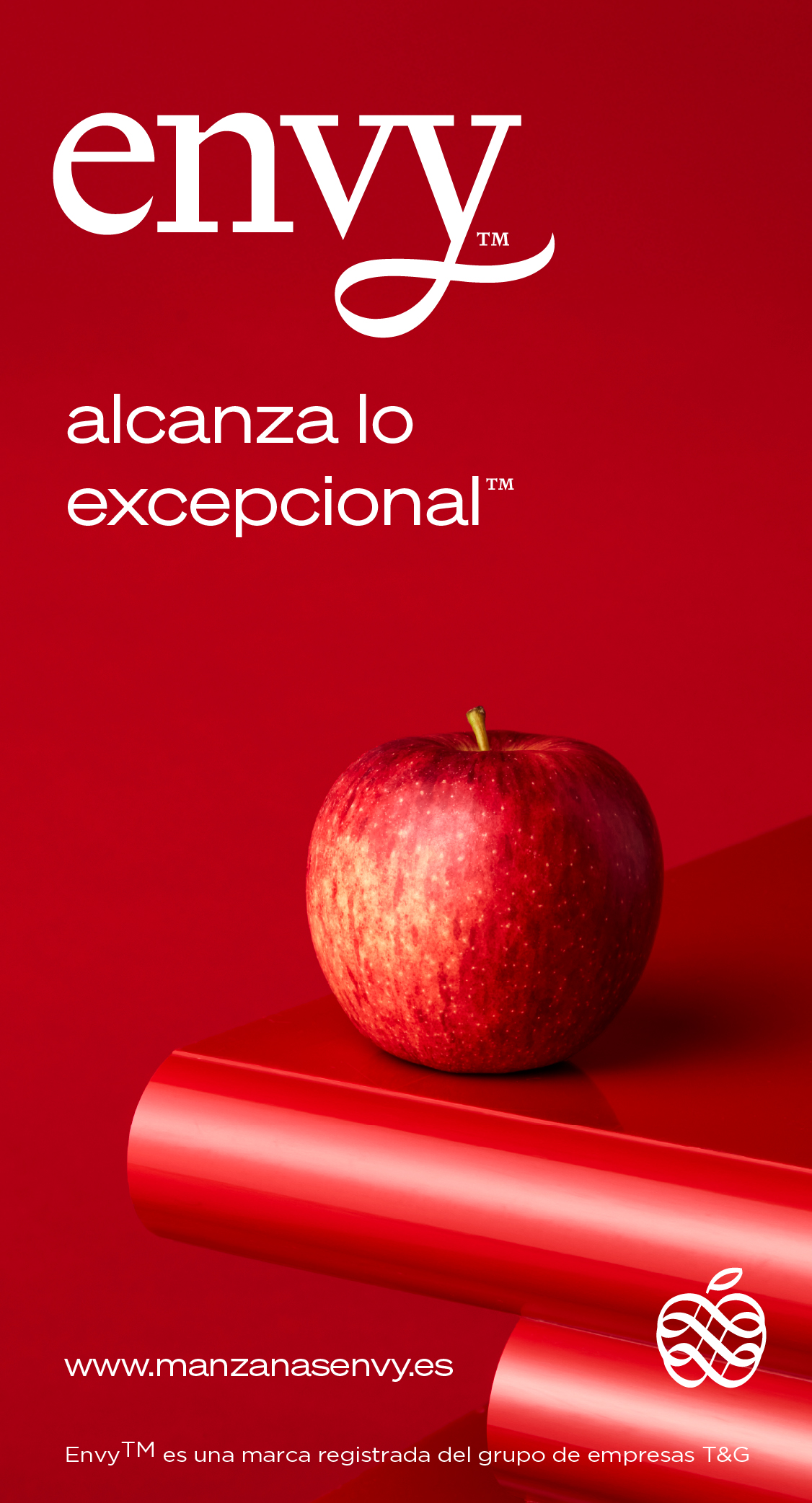10 years after the launch of the modern, efficient installations in Barcelona and 2 years since the renovation work in Madrid, Jordi Martí, National Sales Manager of the CMR Group, talked to Fruit Today about the new trends in the sector, at a time when the exit from the pandemic tunnel is being glimpsed in the distance.
Do you think that now, when it seems that we are starting to see the light at the end of the tunnel, the trends that appeared a year ago are going to change (preference for packaged produce, digitalisation, concern for local consumption, etc.)?
According to the analysts, some of these trends are here to stay, but in a lesser way and at the expense of other variables, such as economic improvement or the appearance of other agents in world distribution.
What would the most prominent of these currents be?
There is a positive current prioritising consumption of seasonal local produce which offers some particularities that make it attractive, due to the absence of international transport. However, if this trend were to become generalised internationally, it could put our national production into a difficult position, as we are a clearly an exporting country.
Bearing this in mind, at CMR we have always looked after our national shippers, who are and always have been, our preferred partners. However, fruit and vegetable production has a seasonal nature and there is no escaping this; therefore, if we want to offer a product outside its harvest time in our country, we must resort to other origins that provide the produce in counterseason.
Both of these ideas are perfectly compatible and complementary in order to be able to maintain the offer 365 days a year.
How have the main produce categories evolved during this pandemic year?
The demand for fruit and vegetables in general has increased and has become concentrated on the household channel, given the partial closure of restaurants and catering outlets. This adaptation has essentially occurred in the modern distribution and online sales, where some categories such as citrus fruit or kiwis have seen their purchase requests and consumption shoot up due to their vitamin properties.
Other categories, such as bananas and plantains, as commodity products, do not suffer from the economic ups and downs as much, and, in the case of crises, their consumption may even become strengthened.
How is the grape import campaign developing? With regard to melon production in Brazil, are there any supply problems due to the important impact of the pandemic on this country?
For grapes, we are seeing a change in the consumption trend, moving towards seedless varieties year after year, which is causing some problems amongst producers who traditionally cultivate native varieties that do not offer this property.
CMR has wide experience in the management of grape imports from different sources that complete the national shippers’ offer with an extensive catalogue, covering the different annual campaigns without any stock shortages and with total guarantees.
Likewise, amongst our producer partners, we have a company such as HOEKSTRA, a worldwide reference in grape production given the quality and variety of its offer and with constant research programmes.
Our production subsidiary in Brazil, CMR BRASIL, grows different varieties of melon, watermelon and papayas in the counterseason period that it markets under the brand name COSARICA. In Brazil, with the experience of the pandemic management in Spain, we designed and implemented an Anti-Covid prevention plan, which has resulted in a very low pandemic incidence amongst the personnel; therefore, our supply programmes have not been affected.
Could you explain the term ‘regenerative agriculture’ that I believe has been started up in this country?
This model boosts the value of the soil as a key to sustainability, as it considers it to be a living resource, compared to conventional farming, which considers it to be an inert medium.
Other steps that are being carried out include the decrease in inorganic fertilisation, giving priority to the use of organic inputs, the reduction of agricultural chemicals or the establishment of plantation frames that give priority to the healthiness of the crop.
With these steps, the company will contribute to regenerating the soil, preventing deforestation and contamination.
All of this will give it the nature of a SUSTAINABLE production from the campaign 2021/2022 onwards.
The company is audited annually with the GLOBAL GAP and GRASP certifications for its production in Brazil.
What are the company’s new challenges for the next few years?
We have installed new ripening rooms in the main facilities in Barcelona with which we will serve the growing demand for pre-ripened produce. The good reception by the market of our avocado brand, AURUM, led us to consider the construction of new equipment that could satisfy the current volume required, as well as a future increase of produce.
























